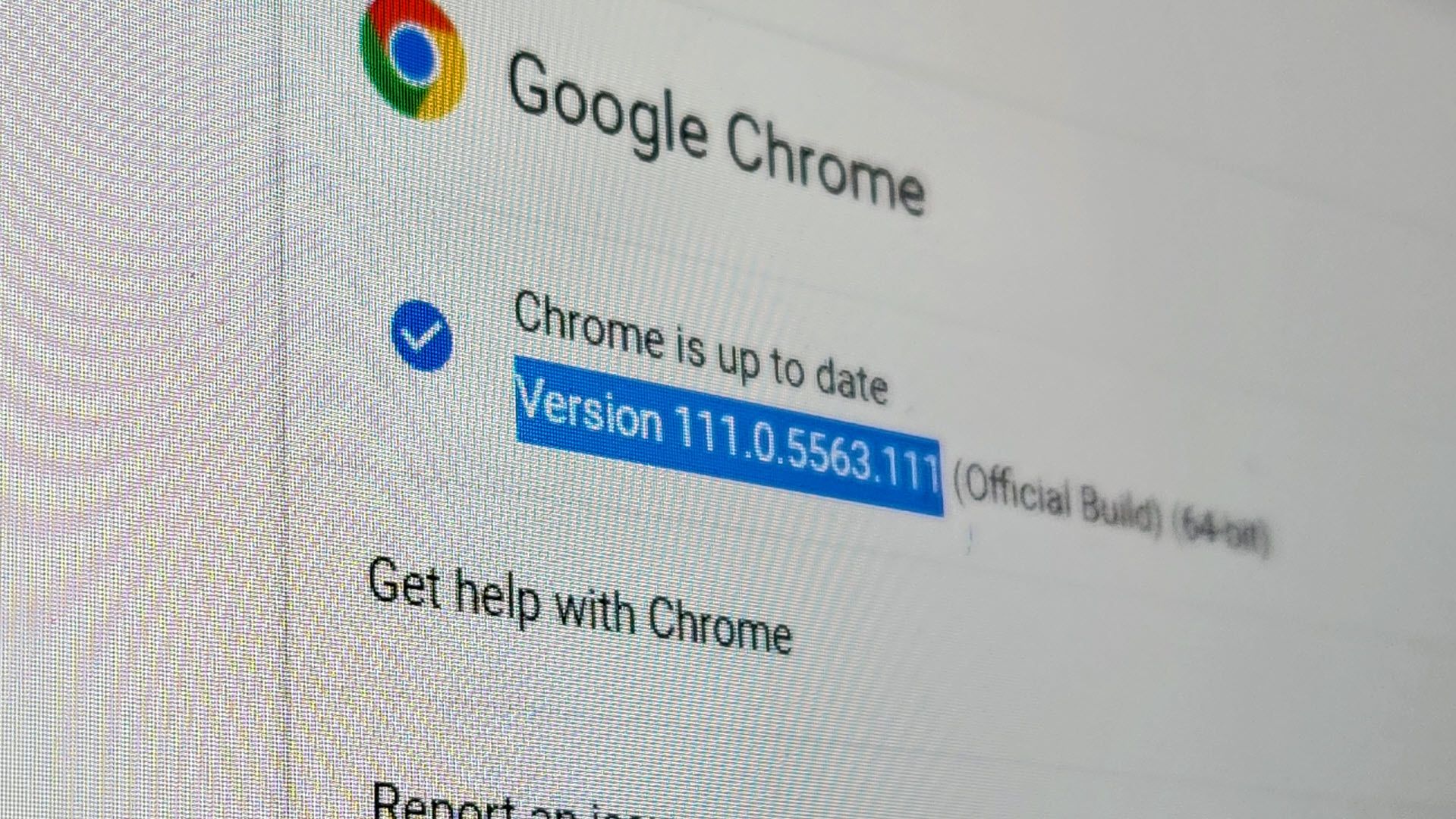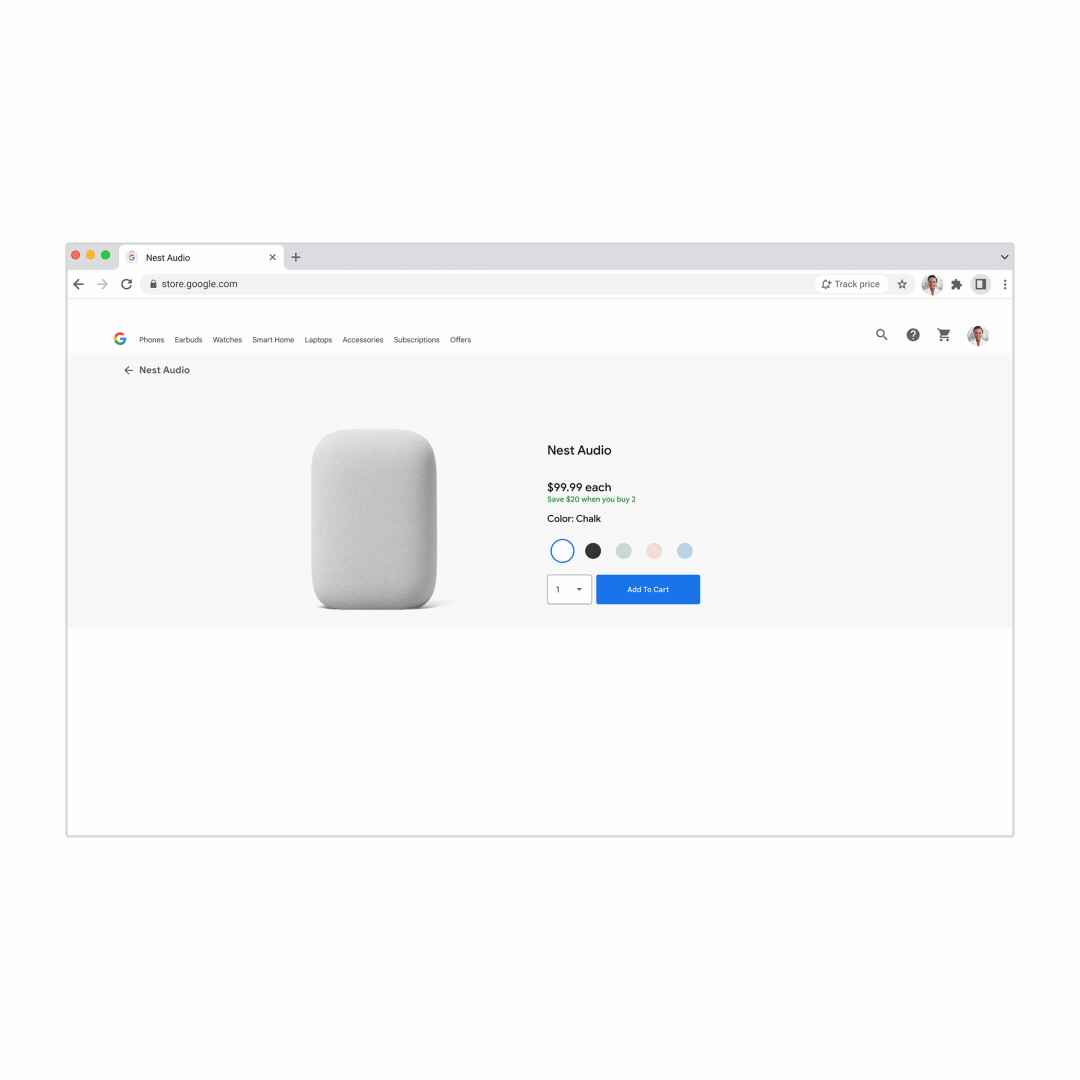Pretty much every web browser, whether it's Google Chrome, Microsoft Edge, Mozilla Firefox, or Apple Safari, receives regular version updates. These updates supposedly come with new features---some better than others---but does the version number even matter anymore?
It's true that most web browsers receive pretty frequent version updates. For example, Google Chrome gets bumped up with a version number every four weeks. Microsoft Edge and Mozilla Firefox share the same release cycle, while Apple Safari is on a slightly slower schedule. Is it necessary anymore?
Faux Features
The biggest reason why browser versions have become irrelevant is features don't actually ship when they're supposedly ready. Chrome is by far the biggest offender when it comes to this. Google regularly announces new Chrome browser features alongside version updates and they just... never come.
For example, price tracking was announced for Chrome in December 2022. At the time of writing, there have been three version updates since then, and I still do not have the feature. And this was not some feature noticed in beta channels---it was announced on the official Google blog. What was the point of announcing it if it wasn't ready for everyone?
Channel Surfing
Speaking of beta channels, that's another reason why version numbers have lost meaning. Features regularly show up in beta and canary versions of the browser, then take forever or never make it to the stable release. This is more of a problem with Chrome and Edge than other browsers.
Obviously, that's kinda the point of having multiple channels---to test features before releasing them to everyone---but it does create confusion. Features show up looking clean and polished, tech websites write articles about them, and then it's a waiting game to see if they'll actually arrive.
I can't get too upset about this, since, again, that is the point of beta testing. However, it's frustrating to try out cool features that seem ready for prime time, only for them to get forgotten.
Desktop vs. Mobile
All these desktop browsers also have mobile versions that typically follow the same version number release cycle. However, there are huge discrepancies between the platforms. Price tracking in Chrome is another good example of this.
Chrome for Android received a price tracking feature in December 2021. It took a full year for desktop Chrome to get the feature---though they technically have the same version numbers. In this case, it doesn't make much sense to use the same version numbering for different platforms.
At this point in time, the version numbers for many browsers are getting very high. Chrome, Firefox, and Edge have all already passed version 110. Does it really mean anything to be on version 110 or 111? The features are what matter, and they don't seem particularly intertwined with version numbers anymore.
It's time for version numbers to go the way of the dinosaurs. Consistent updates are important for security, but those are already happening without bumping up the main version number. Whether you're using Chrome 110, 111, or 112, there's not a huge difference in the experience.


